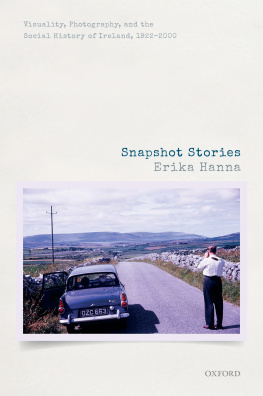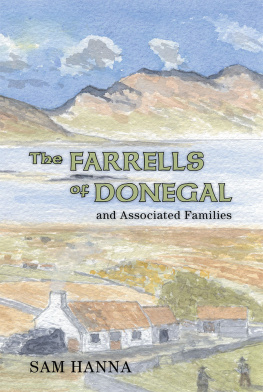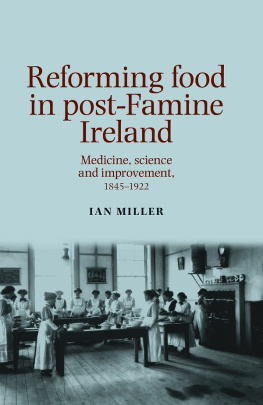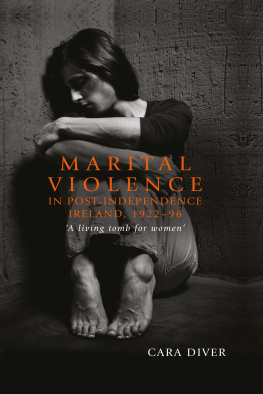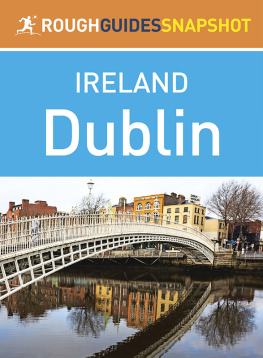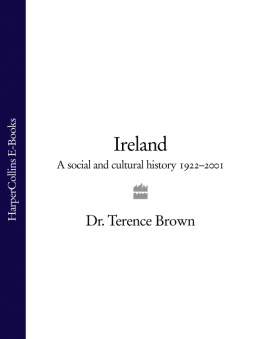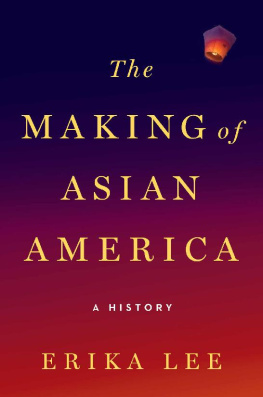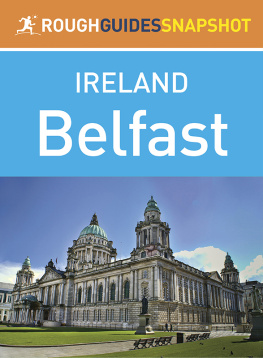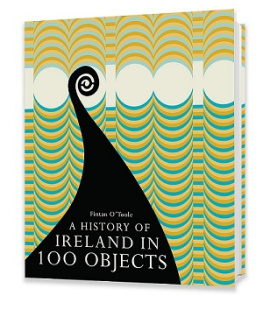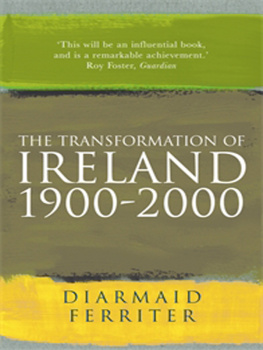Snapshot Stories

Great Clarendon Street, Oxford, OX2 6DP, United Kingdom
Oxford University Press is a department of the University of Oxford. It furthers the Universitys objective of excellence in research, scholarship, and education by publishing worldwide. Oxford is a registered trade mark of Oxford University Press in the UK and in certain other countries
Erika Hanna 2020
The moral rights of the author have been asserted
First Edition published in 2020
Impression: 1
All rights reserved. No part of this publication may be reproduced, stored in a retrieval system, or transmitted, in any form or by any means, without the prior permission in writing of Oxford University Press, or as expressly permitted by law, by licence or under terms agreed with the appropriate reprographics rights organization. Enquiries concerning reproduction outside the scope of the above should be sent to the Rights Department, Oxford University Press, at the address above
You must not circulate this work in any other form and you must impose this same condition on any acquirer
Published in the United States of America by Oxford University Press
198 Madison Avenue, New York, NY 10016, United States of America
British Library Cataloguing in Publication Data
Data available
Library of Congress Control Number: 2019945444
ISBN 9780198823032
ebook ISBN 9780192555861
DOI: 10.1093/oso/9780198823032.001.0001
Printed and bound by CPI Group (UK) Ltd, Croydon, CR0 4YY
Links to third party websites are provided by Oxford in good faith and for information only. Oxford disclaims any responsibility for the materials contained in any third party website referenced in this work.
Acknowledgements
This book was only possible because I was so lucky that many people were so generous in talking to me about their lives in photography, and sharing personal archives with me. A very special thanks to Derek Speirs, Joanne OBrien, and Frankie Quinn for sharing so many reflections on how and why they became photographers, and what photography means and has meant in Ireland. Thanks also to Alan Lund, Eamon Melaugh, Helena ODonnell, Mick Rafferty, and Jackie Redpath for sharing their reflections on how they have used photography in campaigning and politics. Thanks to Tanya Kiang for sharing her immense knowledge of Irish photography. Anyone who has ever worked with images knows what a frustrating, time-consuming, but ultimately rewarding experience it is. This book is the product of the time and labours of many people, who care about photography, and who have given up their time to collect and archive photographs, and make them accessible. My thanks are due to all of those who have gone far beyond the call of duty in helping me access and study images. This includes James Harte at the National Library of Ireland, Nora Thornton and Elizabeth Kirwan at the National Photographic Archive, the staff at Galway County Archive, Waterford County Archive, Special Collections at UCC and NUIG, the Irish Architectural Archive, the National Archive of Ireland, and the Public Record Office of Northern Ireland. Vivienne Pollock is sadly missed. She went far beyond the usual duties of archivist by giving me a lift to and from the Ulster Folk and Transport Museum archive when I was on crutches.
This book has benefited from the inspiration and patience of many scholars. Thanks to Roy Foster, Simon Gunn, and Elizabeth Edwards for asking big questions, querying crucial details, and being indispensable with their support. Thanks to Matt Houlbrook for his unique blend of insights on bikes and the paradoxes of cultural history. Charlotte Greenhalgh read and commented on the whole manuscript with her characteristic sensitivity and insight, and was encouraging and critical at just the right moments. It is an exciting time to be an Irish historian, and I value my cohort of scholars very much for smashing disciplinary boundaries with such good humourthanks especially to Caoimhe nic Dhibhid, Ultn Gillen, Carole Holohan, Matt Kelly, and Colin Reid. This book was written during the time when I was what is now known euphemistically as an early-career researcher, and as such it has found a home in many locations. Thanks to all the colleagues who made the process so enjoyable, including Victoria Bates, Robert Bickers, Tim Cole, Julio Decker, Amy Edwards, Su Lin Lewis, Will Pooley, Richard Sheldon, James Thompson, and Beth Williamson. At Bristol, I have been part of a department which values creativity in all its forms, and lucky enough to work with a group of people who have taught me to play with language and weigh words carefully. My third-year special topic Documentary, Society, and Conflict in Modern Ireland has been the testing ground for many of the issues in this book; my students have been enthusiastic and inspiring, and many of their insights are now in the text. It has also been an exciting and energizing time to be an academic and a historian as a feminist, and I am very grateful to all the women who have been part of these conversations, in particular the women who make me swim and write every January: Lucy Donkin, Marianna Dudley, Margery Masterson, Josie McLellan, and Kat Peddie.

